
Έχετε αισθανθεί ποτέ την καρδιά σας να φτερουγίζει;
Το σύμπτωμα
αυτό περιγράφεται από τους γιατρούς με τον όρο «αίσθημα παλμών» και επί
της ουσίας προκύπτει, όταν ο καρδιακός παλμός γίνεται αισθητός.
Μπορεί να νιώθετε την καρδιά σας να χτυπάει γρήγορα ή άρρυθμα ή να
νιώθετε ότι χάνετε κάποιους χτύπους. Πολλοί, μάλιστα, το περιγράφουν ως
φτερούγισμα, το οποίο το αισθάνονται στο στήθος και λαιμό.Πότε όμως θα πρέπει να ανησυχήσετε και τι πρέπει να κάνετε;
Σύμφωνα με τους ειδικούς, το «φτερούγισμα» αποτελεί συχνό σύμπτωμα σε μεγάλο αριθμό ατόμων και δεν θα πρέπει εξαρχής να συνδέεται με την αρρυθμία, παρά το γεγονός ωστόσο ότι και οι δύο καταστάσεις σχετίζονται μεταξύ τους.
Αυτό σημαίνει ότι, αν κάποιος έχει αίσθημα παλμών, αλλά η καρδιά του έχει φυσιολογικό ρυθμό, δεν συντρέχει κανένας απολύτως λόγος ανησυχίας.
Το αίσθημα παλμών με φυσιολογικό ρυθμό μπορεί να οφείλεται σε:
- Άγχος, κρίσεις πανικού, φόβο- Καφεΐνη
- Κάπνισμα
- Άσκηση
- Πυρετό
- Κοκαΐνη και άλλα ναρκωτικά
Αντίθετα, όταν το σύμπτωμα της αίσθησης παλμών συνοδεύεται από αρρυθμία, τότε είναι ανησυχητικό και απαιτεί διερεύνηση, καθώς μπορεί να συνυπάρχει με βαλβιδοπάθεια, παθήσεις του θυρεοειδούς αδένα ή διαταραχές των ηλεκτρολυτών στο αίμα.
Σπάνια το αίσθημα παλμών μπορεί να προκαλείται από απειλητικές αρρυθμίες, οι οποίες προκαλούν την παύση της λειτουργίας της καρδιάς.
Στις περιπτώσεις αυτές, οι επιπλοκές μπορεί να είναι απειλητικές για την υγεία, ενώ, αν το φτερούγισμα οφείλεται σε κολπική μαρμαρυγή, είναι δυνατόν να σχηματιστούν θρόμβοι στο αίμα, οι οποίοι στη συνέχεια μπορεί να φράξουν μία αρτηρία του εγκεφάλου, προκαλώντας εγκεφαλικό επεισόδιο.
Τι πρέπει να κάνετε
Σε περίπτωση που έχετε συχνά αίσθημα παλμών που υποψιάζεστε ότι συνοδεύεται από αρρυθμίες, τότε καλό είναι να επισκεφθείτε το συντομότερο δυνατό έναν καρδιολόγο.
Οι εξετάσεις που είναι απαραίτητες για τη διερεύνηση του αισθήματος παλμών είναι το καρδιογράφημα, το Holter ρυθμού 24ωρου, η δοκιμασία κόπωσης, ενώ σε ορισμένες περιπτώσεις μπορεί να χρειαστεί περαιτέρω μελέτη και αυτό θα το κρίνει ο γιατρός σας .
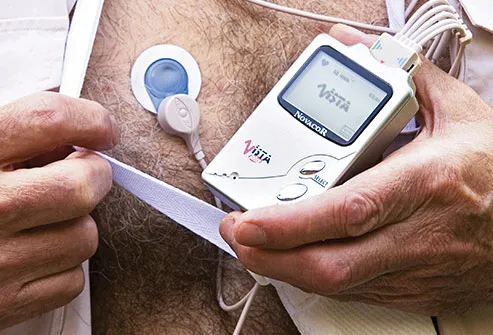
Finding the Cause
These tests can help your doctor figrue out what's going on:- Electrocardiogram (ECG). This test looks for problems with the electrical signals that control your heart rhythm.
- Holter monitor. You wear this portable ECG for 24 to 72 hours at a time. It can find heart rhythm problems and any patterns that might need more tests.
- Event Monitor. You wear this device for several weeks. It records your heart rhythm when you press a button while having symptoms.
- Echocardiogram. This test uses sound waves to make pictures of your heart. It can find problems with your heart's structure.
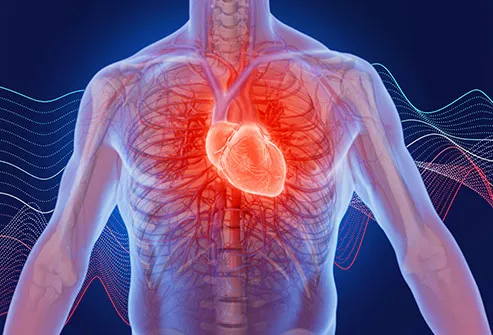





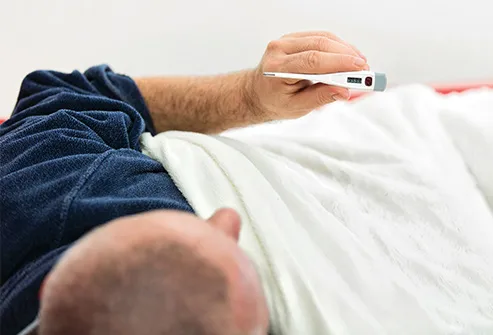

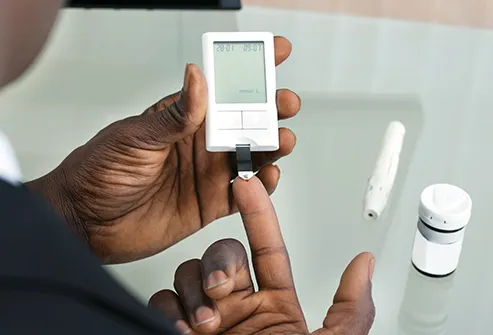
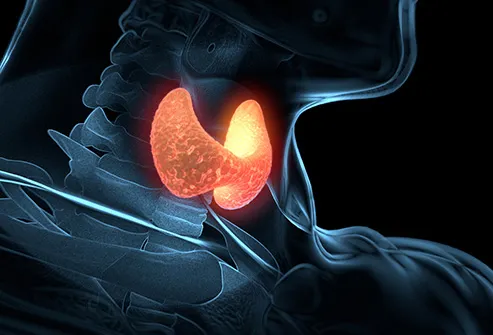
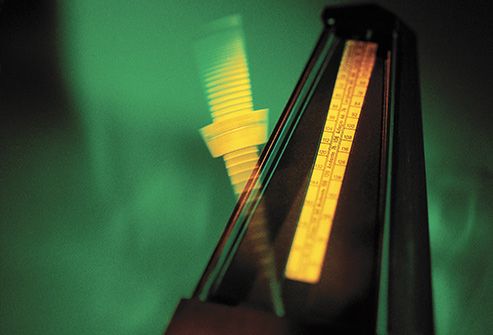

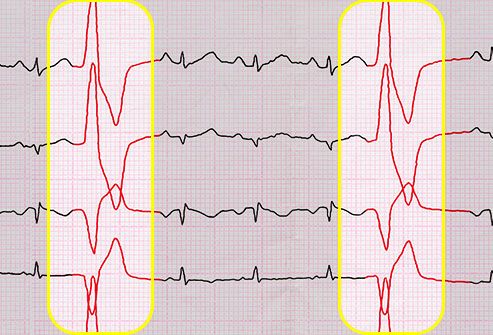
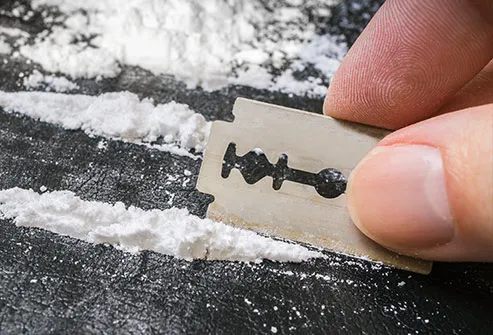
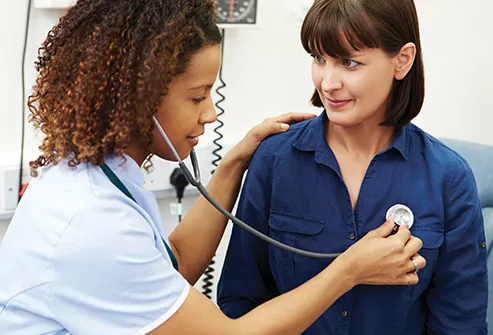

Δεν υπάρχουν σχόλια:
Δημοσίευση σχολίου